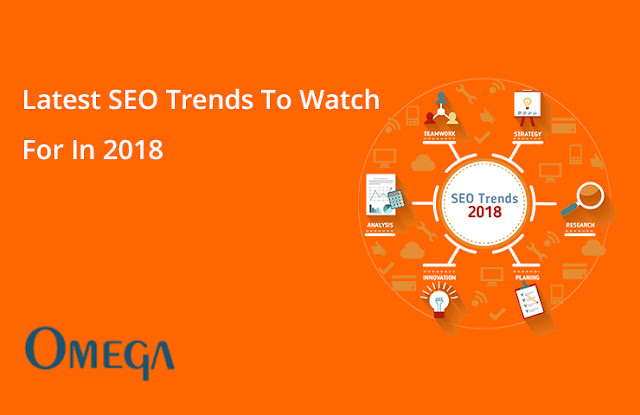As Google gathers increasingly more data about us, search results have become more accurate, timely, and personalized than ever.
As such, the SEO’s job today is more than keywords and backlinks. It’s more than metadata optimisation. It’s more than even content.
You’ll notice how these trends build on each other, signaling the importance of a systematic and integrated SEO strategy.
1. The Rise Of Voice Search
Here’s a hard fact:1 out of 5 searches already comes from voice queries, according to Google. And that’s not surprising: Voice-activated smart speakers like Google Home and Amazon Echo are on the rise. With its new flagship phone Pixel 2 and an extended line of home speakers driven by Google Assistant, Google is advancing the adoption of voice-activated hardware.
Plus, Google recently released Google Assistant for all Android devices. This is important because, contrary to popular belief, the adoption of voice search will largely happen on mobile devices, not on home speakers.
In short, this means more focus on long-tail keywords and syntax used in everyday language, as well as creating well-structured content broken down into short sections answering more search queries at a time.
2. Featured Snippets
How do featured snippets tie back to voice search? Well, this is the information that voice assistants return to you.
However, featured snippets are more than that.
Over the last few years, we’ve seen an astounding growth of featured snippets displayed in search results across all devices. Today nearly 30% of all search queries on Google have instant answers in the form of featured snippets.
In SEO terms, it’s the new position #1!
This trend is giving rise to new forms of content, such as Q & A content, which is optimized to provide short answers in response to long-tail search queries. SEOs also pay more attention to the formatting and structure of content to make it easier for Google to pull relevant information for featured snippets.
3. A Massive Shift To Mobile
We are probably only months away from Google’s roll-out of the mobile-first index. This means that Google will rank pages based on the mobile version of the page.
To this date, Google has been evaluating a website’s relevance to the user based on the desktop page. However, as mobile searches today account for more than 60% of total searches, this ranking system has become obsolete.
Hence the shift to the mobile-first index.
4. User Experience At The Forefront
It’s not just mobile. User expectations and demands for search are growing across the board. Today users want instant solutions to their problems no matter the device they are using.
For the sake of argument, let’s assume that your site has a perfect load time. But what happens if the user can’t figure out how to navigate your site in a couple of seconds? What happens if the user can’t understand what your article is about in a couple of seconds?
They’ll bounce!
Google has made it clear that a seamless user experience is part of their ranking system. And that seamless user experience must be adapted for both mobile and desktop, ensuring a frictionless journey to the answer on all devices.
4. Price And Discount
Compare costs of assorted AMS packages and perceive what's enclosed and what's excluded therein package. determine hidden prices, if any. a number of the AMS supplier corporations supply a reduction on your purchase. don't go mad over it – analysis well before you speak with the representative regarding discount and start negotiations.
5. Optimization For Intent
Google does a lot on its part to integrate AI into its search algorithm so that it can combine historical information, present context (location, device, etc.), and the intent of the query to return the most relevant and personalized answer to the user in the quickest way possible.
In fact, Google has recently confirmed one of my long-held hypotheses, which is that Google’s ranking factors largely depend on the keyword intent.
For example, for keywords with clear buying intent, Google will prioritize e-commerce sites instead of major media outlets even if the latter are more authoritative. That’s because the goal of the searcher is to buy, not to find information.
Conversely, for keywords with the intent to find more information, Google will more likely prioritize highly credible media sites.
That’s why SEOs are starting to factor in the intent behind each search query and optimize the content and user experience accordingly. As such, we see a shift from generic content optimization for keywords to more contextual intent-based content optimization.
Keeping in mind all the above latest SEO trends, Omega cst provides best SEO service in USA. Try our SEO service at best price & get the best results out of it !!





No comments:
Post a Comment